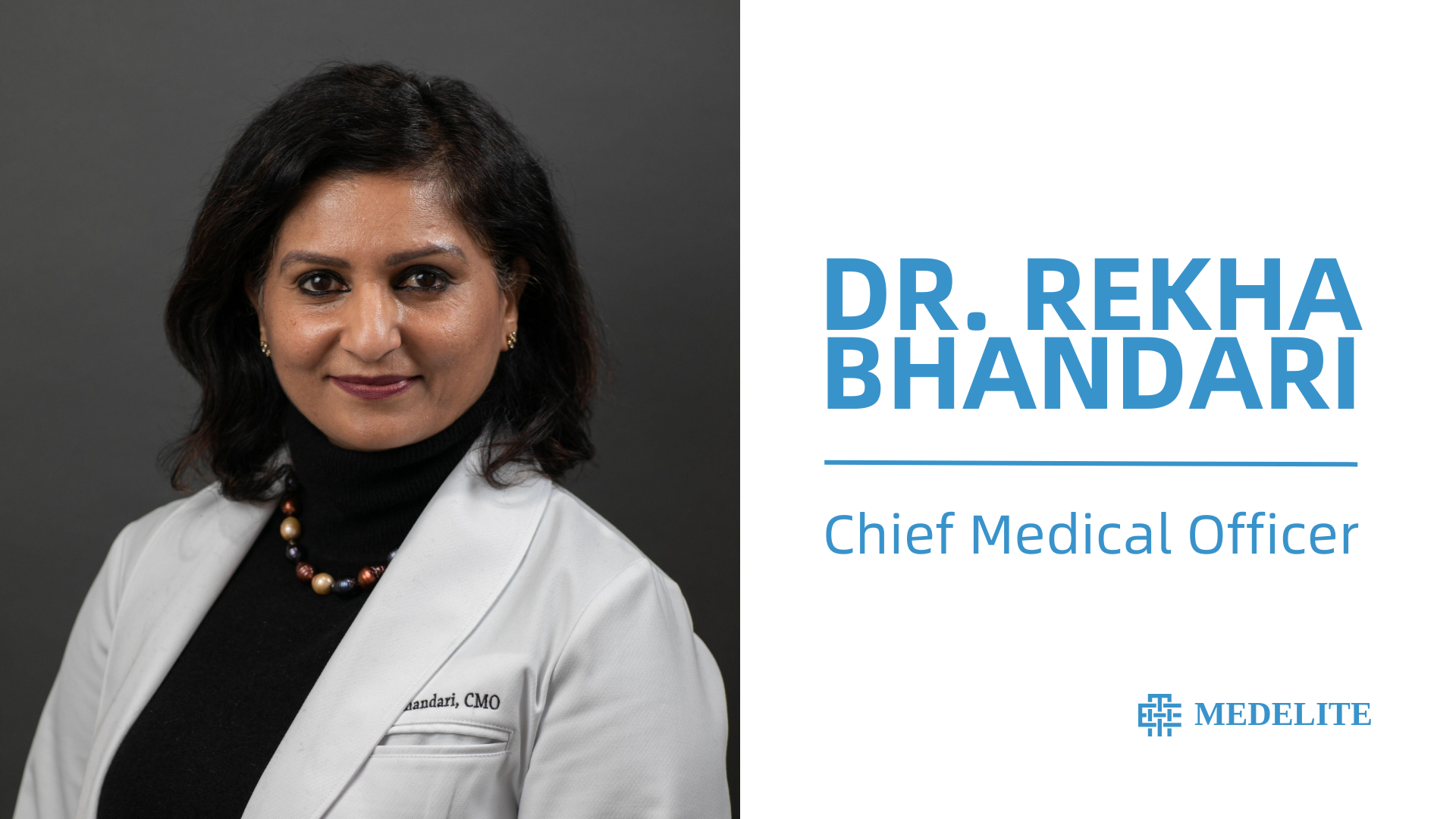
MedElite’s Tips for National Healthy Aging Month
Welcome to the September 2023 edition of the MedElite Monthly Newsletter, your reliable source for the latest insights in healthcare and wellness. As the healthcare landscape continues to evolve, our commitment to delivering timely updates remains unwavering. In this issue, we delve into pressing topics that impact your health and well-being, providing you with expert perspectives and actionable advice.
In this edition, we explore Medicaid funding for long-term care in the post-pandemic period, spotlighted by our Chief Medical Officer, Dr. Rekha Bhandari. We also discuss the expansion of Med-PaLM 2, Google’s cutting-edge medical AI, and how it’s transforming patient care. Lastly, September marks National Healthy Aging Month, we share five essential tips to help you age gracefully and healthily.
At MedElite, we’re dedicated to your well-being, today and tomorrow. Stay tuned for these compelling articles and more in our September 2023 newsletter.

On September 13th, Dr. Rekha Bhandari, CMO of The MedElite Group, published the following piece to LinkedIn discussing the genesis of and growing demand for home healthcare services:
The Future of Medicaid Funding for Long-Term Care
As the American healthcare system evolves post-COVID, one crucial aspect remains the future of Medicaid in the long-term care sector. Medicaid plays a pivotal role in supporting low-income individuals, including seniors and disabled individuals, who require extended care services. However, potential changes in Medicaid funding could have far-reaching consequences, impacting both care facilities and the residents who depend on them.
The potential consequences of reduced Medicaid funding or changes in reimbursement rates for long-term care facilities are widespread. One of the most immediate impacts would be increased financial strain on these facilities. Many long-term care providers already operate on thin margins, and any reduction in funding could force them to cut corners or compromise the quality of care provided. This issue, in turn, could lead to negative outcomes for residents, including neglect, inadequate staffing, and decreased access to essential services. What’s more, seniors and disabled individuals often have limited financial resources and rely heavily on Medicaid to access necessary care. Any reduction in funding could leave these patients with limited choices or no care options at all. Such deficiencies can also jeopardize staff well-being, stoking burnout and harming facility personnel retention.
(Click here or the link above to read Dr. Rekha Bhandari’s full piece)

Google is expanding access to its medical-specific large language model, Med-PaLM 2, for healthcare and life sciences customers through a preview program in September. Since April, a select group of leading healthcare entities – including HCA Healthcare, Mayo Clinic, and Meditech – has been testing the AI system, which was originally introduced in March. Along the way, Med-PaLM 2 improved its accuracy by 19 percent, achieving an 86.5 percent accuracy rate in answering US medical licensing exam-style questions.
Med-PaLM 2 is not intended to replace medical professionals but rather to augment their work and streamline workflows; throughout the testing process, it has seen use in various healthcare scenarios, such as helping doctors and nurses with documentation and transcription of doctor-patient conversations in the emergency room. HCA, for instance, plans to expand the technology’s use to more hospitals as automation improves. Meditech, on the other hand, is integrating Google’s natural language processing and large language models into its electronic health records (EHR) search and summarization capabilities.
These applications stand to broaden Med-PaLM 2’s already diverse list of implications within healthcare – the latest reflection of generative AI’s vast potential for providers, researchers, and patients alike.

Thriving Through the Years: Five Expert-Backed Tips for Aging Healthier & Happier
September is Healthy Aging Month, a time to reflect on both our present and future health. Aging is an inevitable part of life, so naturally, healthy aging is healthy living; this is a key mindset for ensuring a greater and longer quality of life.
Here are five quick tips for a healthier and happier aging process:

1. Set Boundaries
As we age, it can be difficult to accept certain physical limitations – whether that pertains to exercise, household work, or general energy. In turn, some might push themselves beyond their means, resulting in long-term injuries and other issues down the line. Therefore, be sure to set a few broad boundaries as aging runs its course; you don’t necessarily have to stop doing what you love, but a little mindfulness and self-awareness can go a long way.

2. Prioritize Nutrition and Fitness
Fitness and nutrition are cornerstones of a healthy lifestyle, and they only become more important as you age. Both fields can aid immensely in disease mitigation, improved cognition, and other crucial components of everyday life. A general rule of thumb, in this regard, is everything in moderation.

3. Stay Socially Engaged
Like the previous factors, social engagement is vital to achieving a healthier, more well-rounded quality of life. Such activity is especially important as we move past the COVID-19 pandemic, which stunted face-to-face contact and became a detriment to our collective social health. Whether it’s volunteering with groups, holding family events, or simply meeting up with old friends, a little socializing can go a long way for your future emotional well-being.

4. Don’t Forget About Mental Health
As many link aging to retirement and simpler living, it’s easy to assume that one’s twilight years will be relaxing, stress-free, and all-around comfortable. While this fact may fortunately be true for some, the reality is that mental wellness is a timeless consideration for much of the aging population. Regardless of age, it is crucial to remain self-aware of your mental health, taking necessary measures (therapy, mindfulness exercises, etc.) to remain happy, balanced, and emotionally sound.
